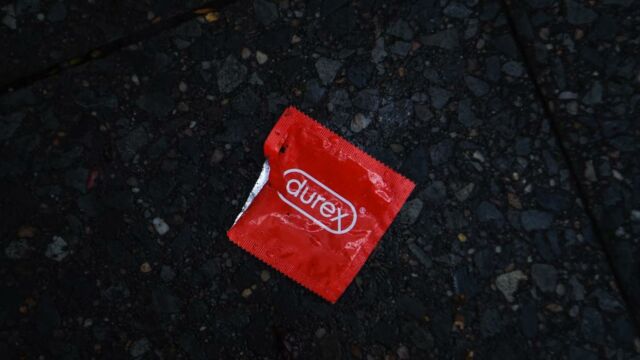The infection in question, is most commonly associated with homosexual and bisexual men or all men who have sex with other men.
Discover our latest podcast
A super-contagious and antibiotic-resistant STI
In the last four months, 47 cases of the super-contagious sexually transmitted infection were recorded, compared to the 16 cases observed between April 2020 and August 2021. The UKHSA explains that:
It is passed on through the faecal-oral route during sex, either directly or via unwashed hands, and only a tiny amount of bacteria can spread the infection.
The organisation has said that the symptoms of Shigella, which come about one to four days post exposure, are similar to those experienced by food poisoning—diarrhoea (sometimes mixed with blood), stomach cramps and fever.
Read also:
⋙ STI: Can you get infected without having intercourse?
⋙ COVID lockdowns have caused UK's STI rates to plunge
⋙ 8 common condom mistakes that increase pregnancy chances
How to avoid getting Shigella?
To make matters worse, health experts have found that the latest circulating strain in the UK is resistant to antibiotics. This happens when bacteria or fungi find a way to bypass the drugs used to typically treat the infection;. Dr Gauri Godbole, consultant medical microbiologist at UKHSA, said:
Practising good hygiene after sex is really important to keep you and your partners safe. Avoid oral sex immediately after anal sex, and change condoms between anal or oral sex and wash your hands with soap after sexual contact.
Adding that:
It’s important that gay, bisexual and other men who have sex with men do not dismiss their symptoms and speak to their GP or sexual health clinic, mentioning Shigella, if they are unwell.
Don’t have sex until seven days after your last symptom and avoid spas, swimming, jacuzzis, hot tubs and sharing towels as well as preparing food for other people until a week after symptoms stop.















